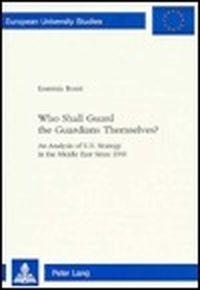Colonialism and Foreign Ownership of Capital

Summary
First published in 1982. Foreign control of capital is a major problem for many developing countries and can lead to the exercise of a form of colonial control whereby capital is provided for political rather than economic reasons. This book discusses the implications of this phenomenon for trade theory and the amount of pressure that foreign countries can exert. The opening chapter examines the themes of de-industrialisation, of stagnation after an initial spurt in economic activity, and the premise that inflows of capital do not necessarily generate growth and expansion. These initial discussions are developed in the subsequent chapters where the effects of foreign ownership on the host country s economy and trade are dealt with fully. This work would be of interest to students of economics and development."
Similar Books
-
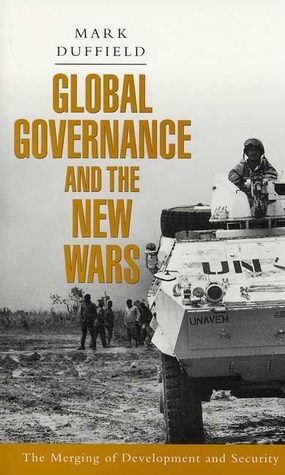
-

-
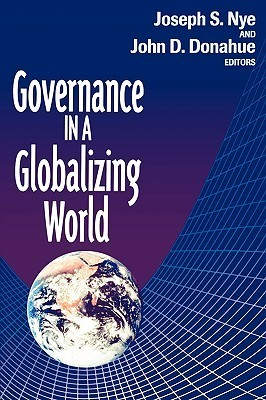 Governance in a Globalizing World
Governance in a Globalizing Worldby Joseph S. Nye Jr.
-
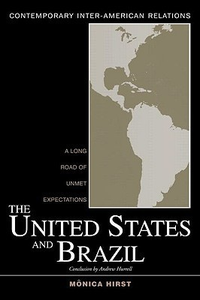 The United States and Brazil: A Long Road of Unmet Expectations
The United States and Brazil: A Long Road of Unmet Expectationsby Monica Hirst
-
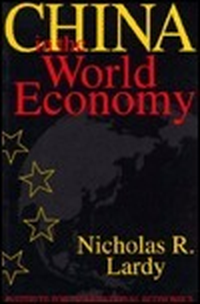 China in the World Economy
China in the World Economyby Nicholas R. Lardy
-
 Reintegrating India with the World Economy
Reintegrating India with the World Economyby T.N. Srinivasan
-
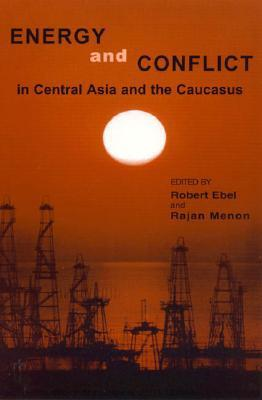 Energy and Conflict in Central Asia and the Caucasus
Energy and Conflict in Central Asia and the Caucasusby Robert Menon
-
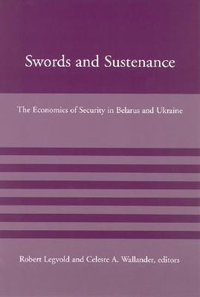 Swords and Sustenance: The Economics of Security in Belarus and Ukraine
Swords and Sustenance: The Economics of Security in Belarus and Ukraineby Robert Legvold
-
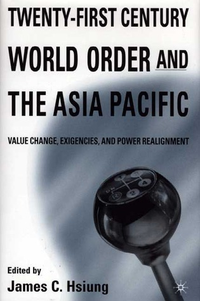
-
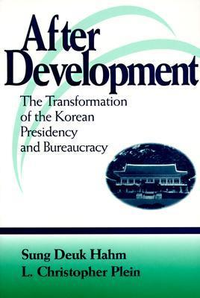
-
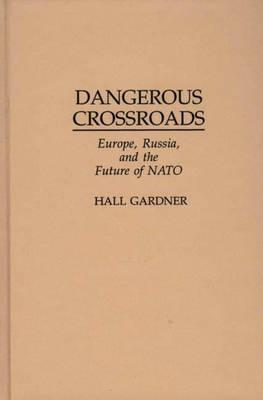 Dangerous Crossroads: Europe, Russia, and the Future of NATO
Dangerous Crossroads: Europe, Russia, and the Future of NATOby Hall Gardner
-
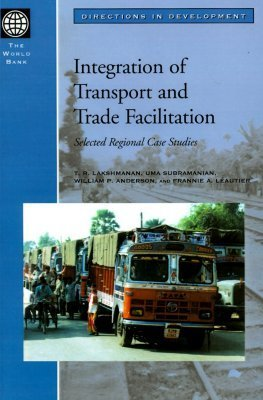
-
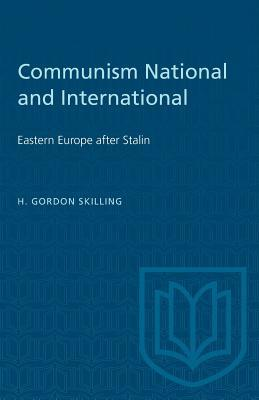 Communism National and International
Communism National and Internationalby H. Gordon Skilling
-
 Building Security In Post-cold War Eurasia: The Osce And U.s. Foreign Policy
Building Security In Post-cold War Eurasia: The Osce And U.s. Foreign Policyby P. Terrence Hopmann
-
 Enlarging the Eu Eastwards
Enlarging the Eu Eastwardsby Heather Grabbe
-
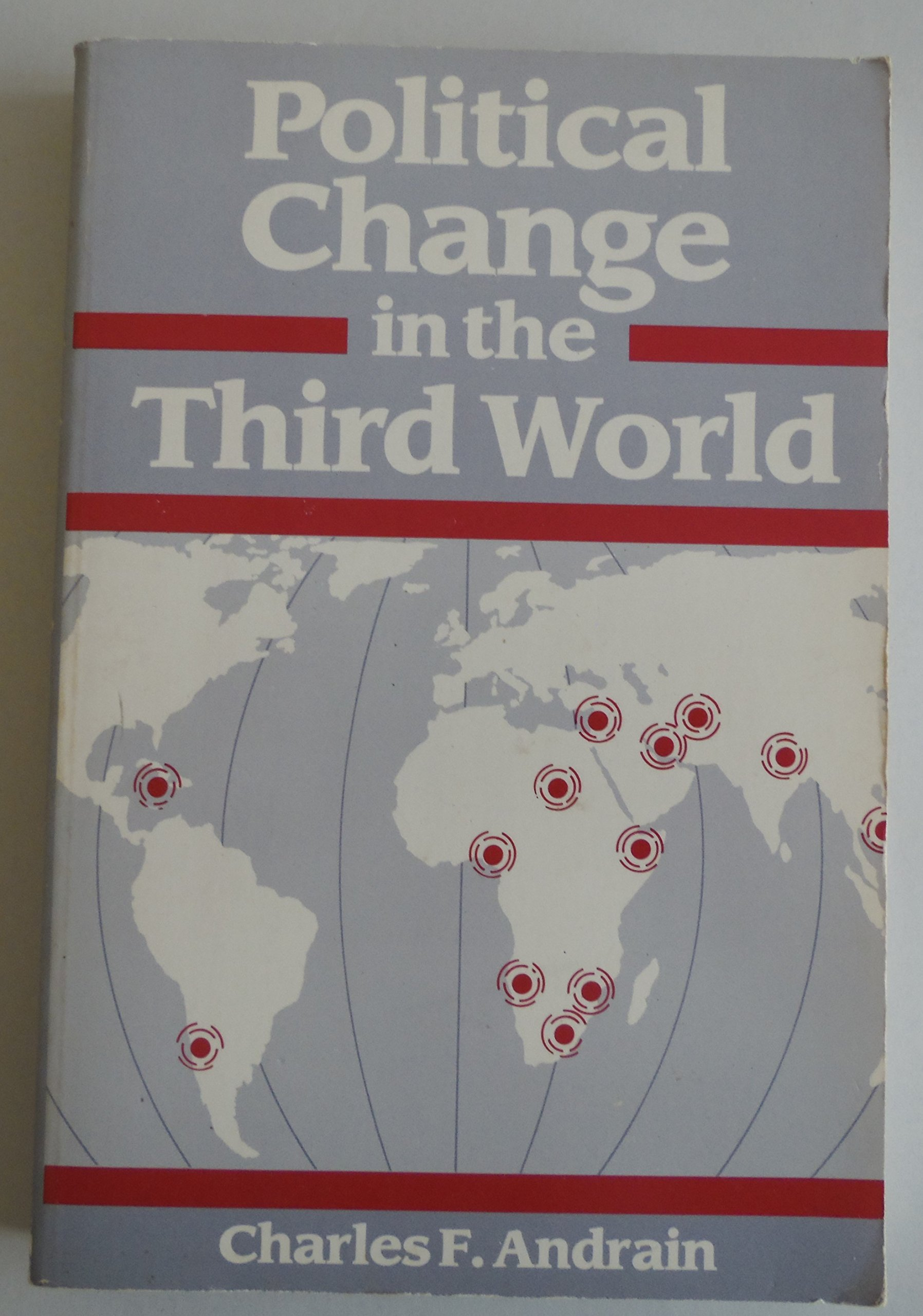 Political Change in the Third World.
Political Change in the Third World.by Charles F. Andrain
-
 Aid and power: The World Bank and policy-based lending
Aid and power: The World Bank and policy-based lendingby Paul Mosley
-

-
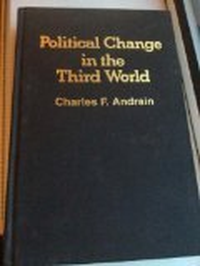 Political Change in the Third World
Political Change in the Third Worldby Charles F. Andrain
-
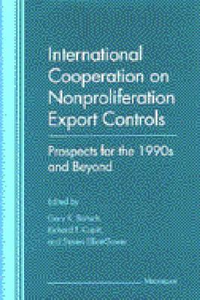
-
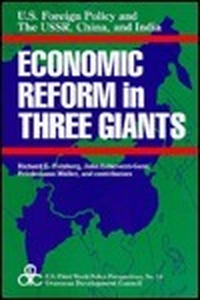
-
